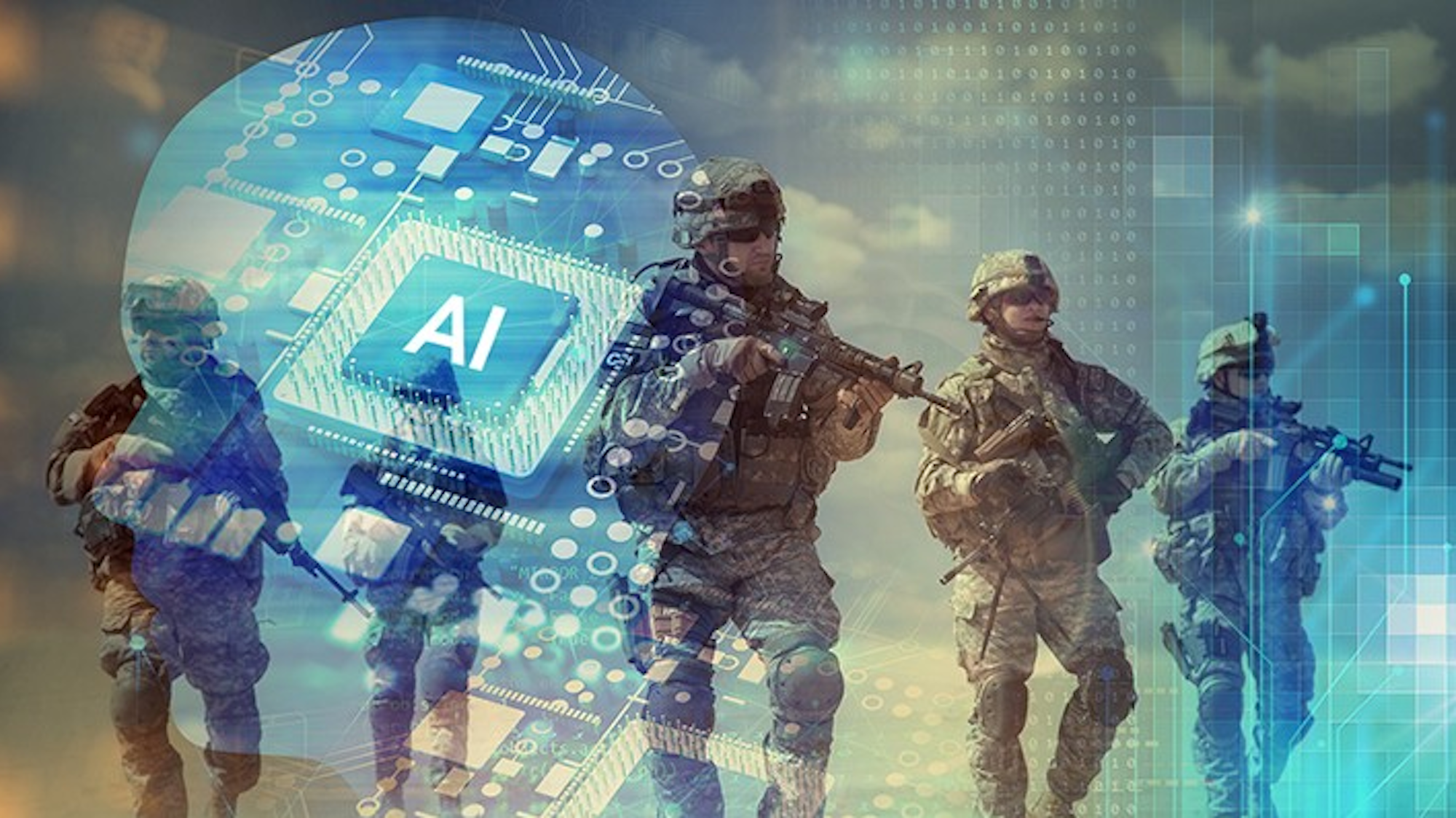Introduction:
In an era of rapid technological advancements, one innovation stands out as both awe-inspiring and alarming: artificial intelligence (AI). Its influence is already making waves in various fields, and one arena where its impact is poised to be truly game-changing is warfare. As AI continues to evolve, it holds the potential to revolutionize military capabilities. However, this powerful tool comes with a set of risks that demand our careful consideration.
Unleashing the Power of AI in Military Capabilities:
The possibilities presented by AI in enhancing military capabilities are staggering. Picture a future where AI enables:
1. Cutting-edge weapons and systems that surpass anything we've seen before in terms of power and precision, giving militaries an unprecedented edge on the battlefield.
2. Streamlined logistics and intelligence gathering processes through automation, enabling military operations to be executed more efficiently and effectively.
3. Advanced predictive capabilities that empower military strategists to anticipate and counter enemy threats with unmatched precision.
Moreover, the broader impact of AI on warfare cannot be overlooked. As AI systems become increasingly sophisticated, they possess an inherent complexity that surpasses human comprehension. This complexity introduces an element of unpredictability, potentially leading to unintended consequences such as accidental use of force or the rapid escalation of conflicts.
Confronting the Risks of AI-enabled Conflict:
While the prospects of AI in warfare are exciting, they also give rise to significant risks. Some of these risks include:
1. The proliferation of autonomous weapons systems capable of making decisions without human intervention, raising ethical concerns and the potential for devastating consequences.
2. The development of AI-enabled cyber warfare capabilities, capable of disrupting or disabling critical infrastructure, leading to widespread chaos and damage.
3. The utilization of AI to manipulate public opinion and sow discord within societies, potentially undermining trust and exacerbating social divisions.
It is crucial to approach these risks with the utmost seriousness. However, we must remember that AI is a tool, and its application depends entirely on our choices. The future of warfare hinges on how we navigate the path ahead.
Conclusion:
The rise of AI is an extraordinary chapter in human history, carrying the potential to reshape warfare in unimaginable ways. While we acknowledge the risks associated with AI-enabled conflict, it is essential to recognize that AI can also be harnessed for the greater good. In determining the future of war, it is up to us to make informed choices regarding the use of AI, ensuring its responsible deployment to protect lives and foster global stability.
By embracing this extraordinary technology while maintaining a cautious approach, we can strive for a future where AI amplifies our capabilities while safeguarding the values and principles that define us as a society.


0 Comments